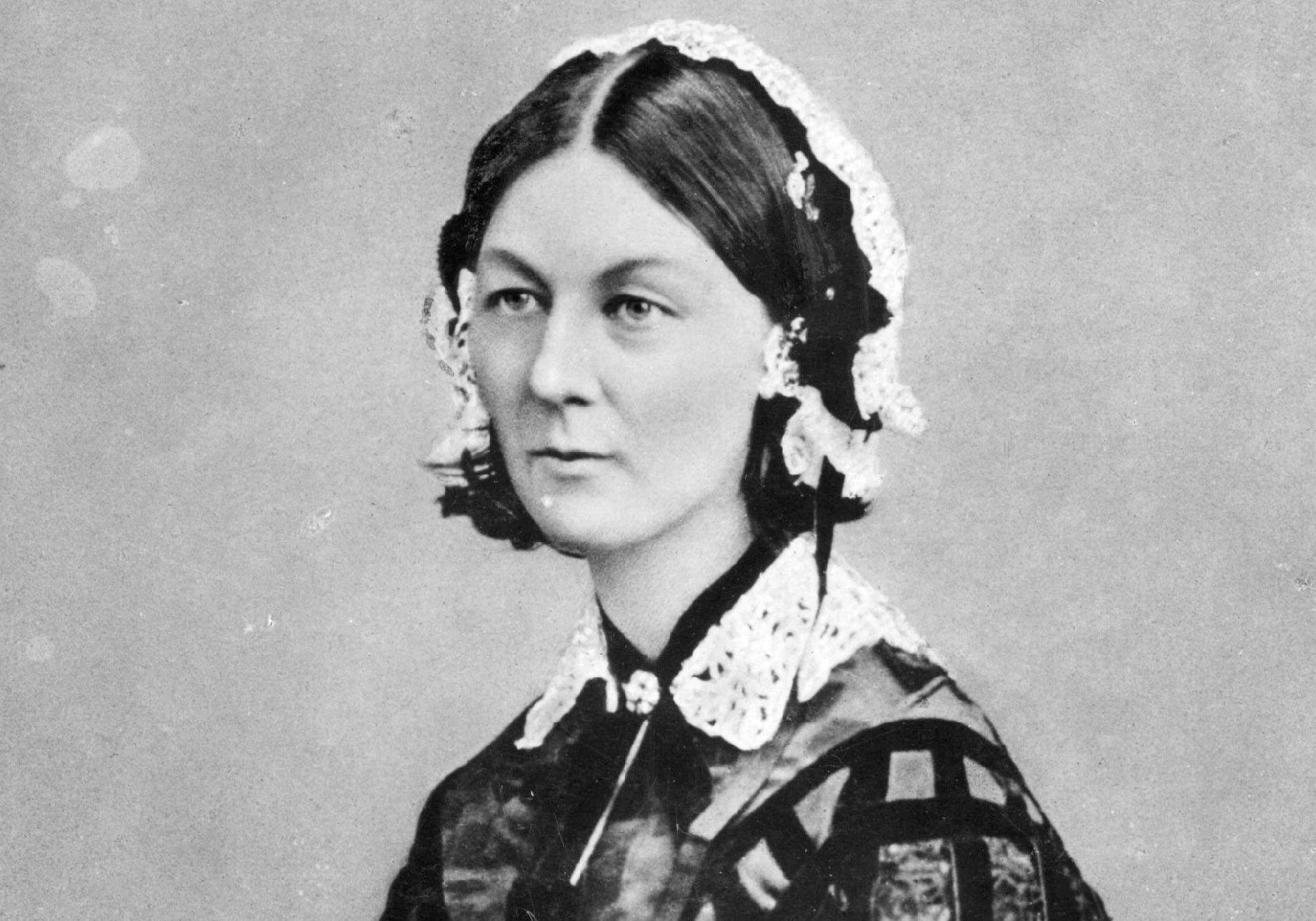Florence Nightingale, a name synonymous with compassion, innovation, and pioneering contributions to healthcare, played a pivotal role in shaping modern medicine. Born on May 12, 1820, in Florence, Italy, Nightingale’s impact extended far beyond her time. In this blog post, we’ll delve into her remarkable contributions to medicine and the enduring legacy she left on the healthcare landscape.
The Crimean War and Sanitation Revolution
One of Nightingale’s most significant contributions occurred during the Crimean War (1853–1856). Faced with deplorable conditions in military hospitals, Nightingale and her team of nurses implemented groundbreaking changes. Recognizing the link between unsanitary environments and high mortality rates, Nightingale introduced rigorous sanitation practices, emphasizing cleanliness and proper hygiene. Her efforts led to a substantial reduction in the spread of infectious diseases and a remarkable improvement in patient outcomes.
Statistical Pioneer
Beyond her hands-on work in hospitals, Nightingale was a statistical innovator. She meticulously collected and analyzed data, using statistical methods to draw correlations between hygiene practices and patient recovery. Her pioneering work in healthcare statistics laid the groundwork for evidence-based practice, a cornerstone of modern medicine.
Environmental Theory of Nursing
Florence Nightingale’s Environmental Theory of Nursing revolutionized the approach to patient care. She emphasized the importance of a clean and well-ventilated environment in promoting healing. Nightingale’s insights into the impact of the physical environment on health have influenced hospital design, infection control measures, and overall patient well-being.
Educator and Author
A passionate advocate for education, Nightingale believed in the power of knowledge to transform healthcare. Her book, “Notes on Nursing: What It Is and What It Is Not,” serves as a timeless guide for nursing practice. Nightingale’s writings not only educated aspiring nurses but also laid the foundation for professional nursing standards.
Legacy and International Nurses Day
Florence Nightingale’s legacy endures, and her birthday, May 12th, is celebrated worldwide as International Nurses Day. This day honors her tireless dedication to healthcare and recognizes the invaluable contributions of nurses globally.
Conclusion
Florence Nightingale’s impact on medicine and healthcare is immeasurable. Her emphasis on sanitation, evidence-based practice, and compassionate patient care has shaped the foundation of modern healthcare systems. As we celebrate International Nurses Day, let’s reflect on the enduring legacy of Florence Nightingale and express gratitude for her profound contributions to the noble field of medicine.

Leave a Reply